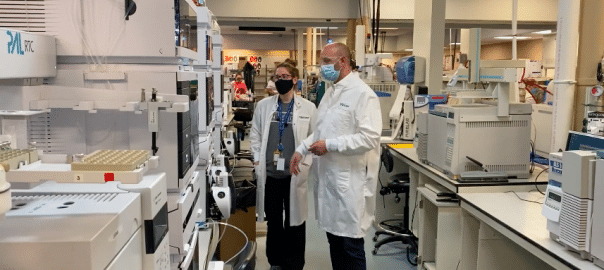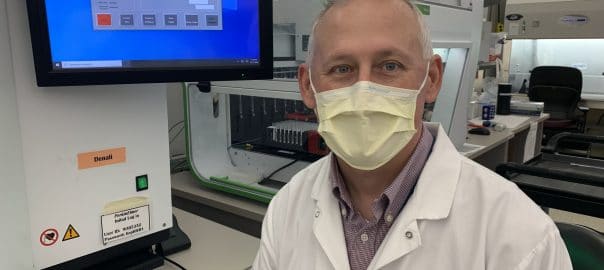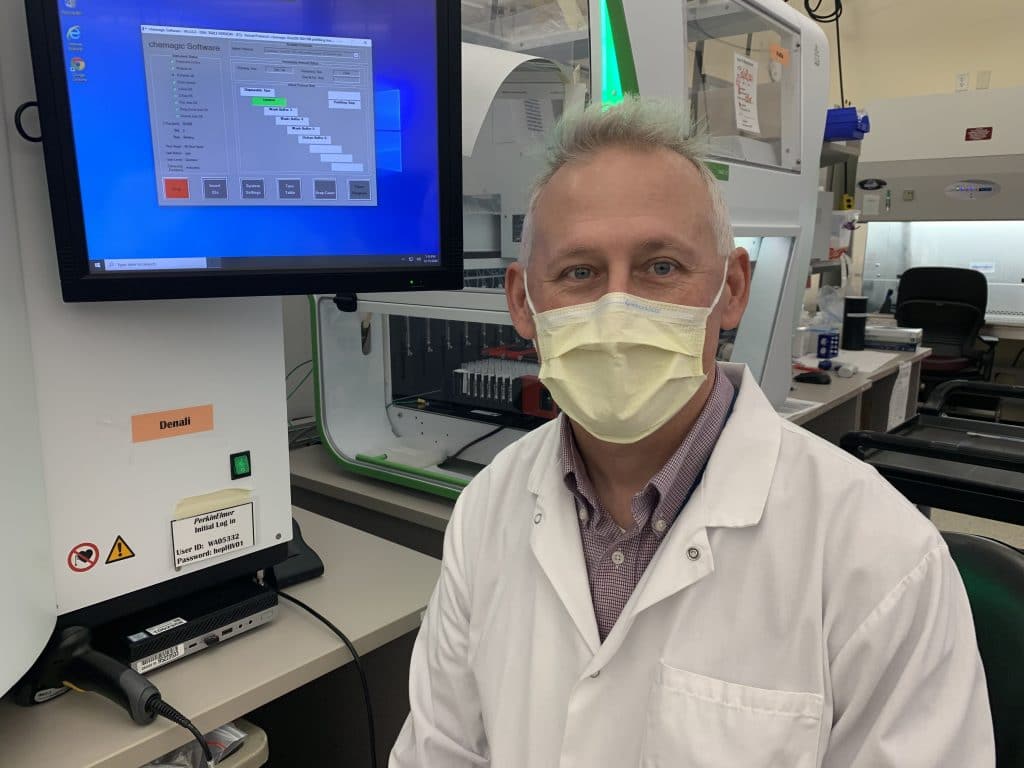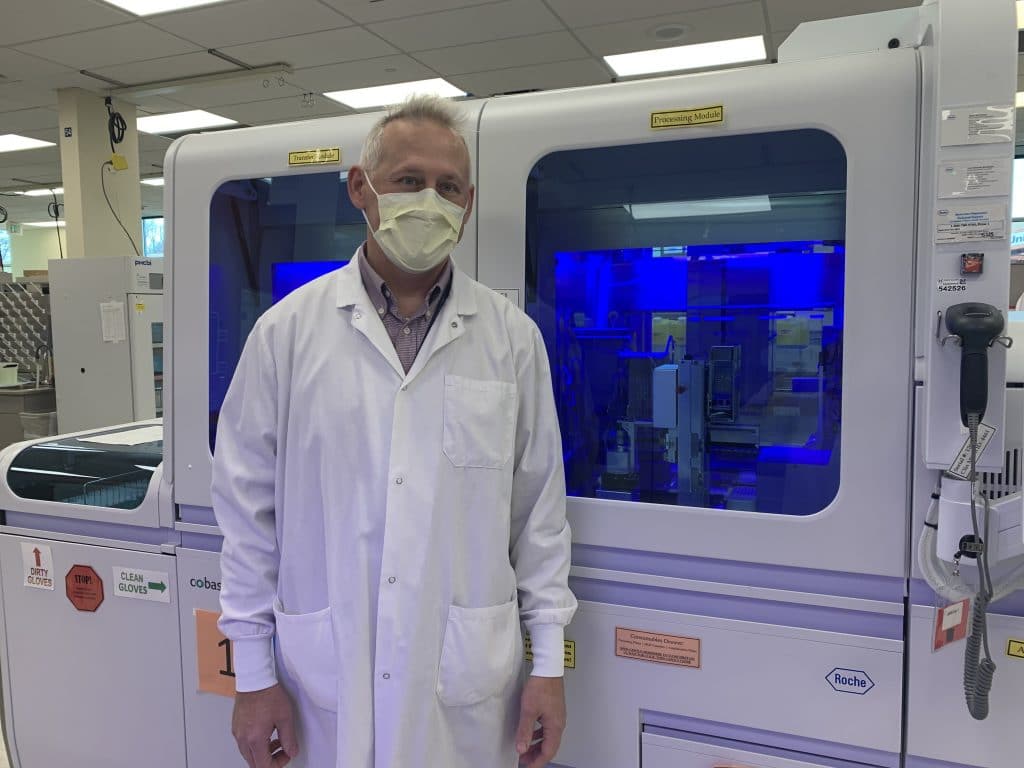For Dr. Matthew Hardison, every day is an opportunity to leverage the power of science and technology to deliver results for patients. “People get into this kind of work because they know it is directly impactful to patient care,” he says.
As Senior Vice President of Lab Operations at Aegis Sciences Corporation, he leads efforts in the toxicology space of pain management – tying together behavioral health, addiction medicine, primary care, as well as orthopedics.
“If you think of an X-ray as the very basic lifting of the hood on the car, clinical lab testing is where you hook it up to the diagnostic machine and identify the root of the problem,” he says. “We exist to provide objective, hard data on what is going on in the patient’s system.”
With non-prescription substance use and medication diversion on the rise, Dr. Hardison’s work has never been more important. Like many laboratories, the challenges of the COVID-19 pandemic prompted Aegis to look beyond traditional testing approaches. “With the ongoing opioid epidemic, we were quickly able to launch new types of testing that enabled physicians to move to a more telemedicine-style approach but still maintain that level of patient care,” says Dr. Hardison.
Beyond the standard opioid testing that most people picture when they think of toxicology, Dr. Hardison and his colleagues also help providers understand of the impact that opioids and benzodiazepines can have upon a patient, including how the detection of these substances can be masked or impacted by other medications and consequently impact patient response.
Objective data gleaned from clinical laboratory tests, such as a patient’s insulin level, amount of morphine in their system, or a gene mutation, can help clinicians provide more personalized care and drive better outcomes for patients and their families.
Watch the video below for highlights from the interview with Dr. Hardison and learn more about the critical work performed by laboratory professionals across the country to empower better clinical decision-making and drive better care for patients.




